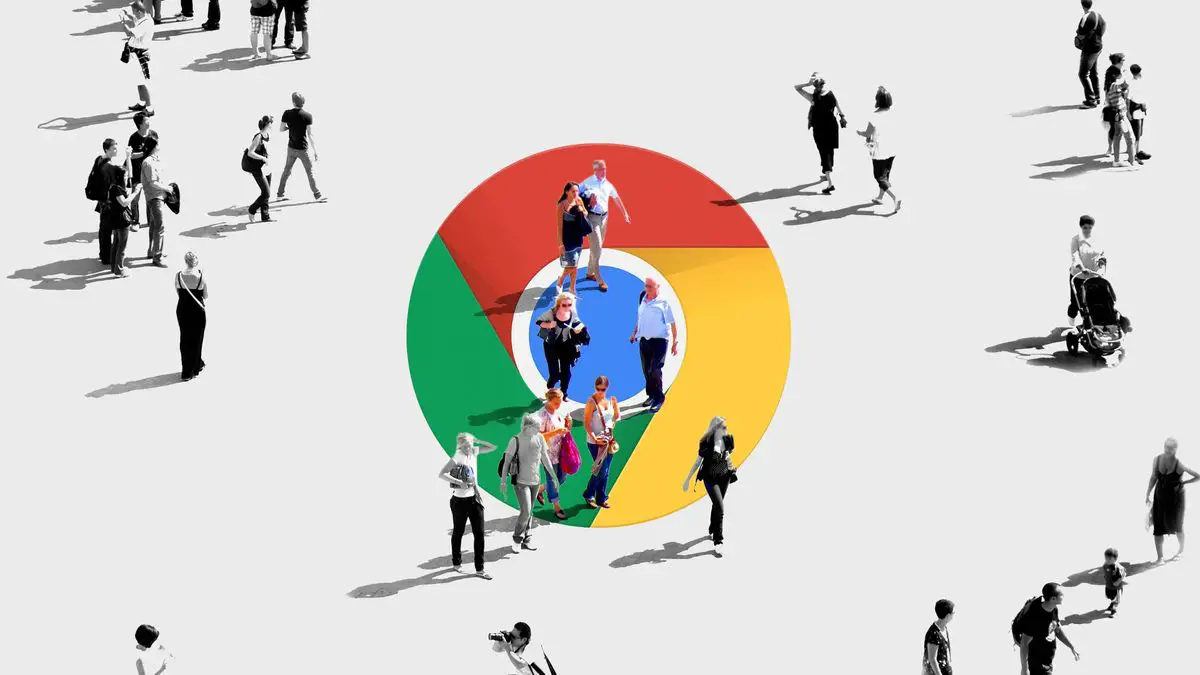A few days ago Google published an extensive article talking about FLoC technology, which will replace cookies, which will allow us to see personalized ads on the Internet without the need to be offering our browsing history to everyone.
What is FLoC?
FLoC is an excellent idea that is based on the grouping of web browsers according to their browsing history so that each browser would have a unique identifier that represents the profile of its user, this identifier would be used to show one or another advertising.
FLoC stands for federated cohort learning, an algorithm capable of determining which browsers have similar browsing histories to constantly perform the calculation of their group, their cohort, and store that number on the user’s device, making it unnecessary to share individual browsing data with anyone, since a cohort represents a cluster of browsing activity, it does not represent a group of people, neither identified nor anonymous.

The problems being encountered in implementing it are:
– It is believed that it should not be set as default enabled in the browser, that the user should at all times define whether or not the user wants to activate FLoC so that his browsing history is used for the cohort calculation.
– There may be risks, as the cohorts could conclude users based on their browsing.
– France’s Commission Nationale de l’Informatique et des Libertés (CNIL) indicates that the solution needs to be analyzed further, as FLoC could require access to data stored on our devices. Remember that it should be necessary for the user to accept the use of FLoC, just as it does today with cookies.
– WordPress will surely block FLoC by default, and some web browsers will do the same.
The solution is not bad, but to ensure privacy it will still be necessary to obtain the approval of users, so it seems that we will not easily get rid of banners on every page we visit.





